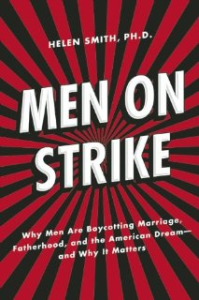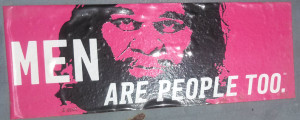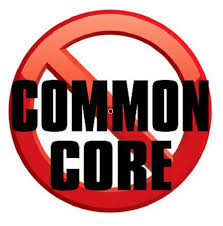Statism is turning America into Detroit – Ayn Rand’s Starnesville come to life – Telegraph Blogs.
Which brings us to the scariest thing of all. Detroit could all too easily be a forerunner for the rest of the United States. As Mark Steyn puts it in the National Review:
Like Detroit, America has unfunded liabilities, to the tune of $220 trillion, according to the economist Laurence Kotlikoff. Like Detroit, it’s cosseting the government class and expanding the dependency class, to the point where its bipartisan “immigration reform” actively recruits 50–60 million low-skilled chain migrants. Like Detroit, America’s governing institutions are increasingly the corrupt enforcers of a one-party state — the IRS and Eric Holder’s amusingly misnamed Department of Justice being only the most obvious examples. Like Detroit, America is bifurcating into the class of “community organizers” and the unfortunate denizens of the communities so organized.
Oh dear. No wonder the president would rather talk about Trayvon Martin. If you want to see Obamanomics taken to its conclusion, look at Starnesville. And tremble.
Nothing to see here, no lessons to be learned here. Move along.










What Steven Crowder was saying 3-1/2 years ago.
http://youtu.be/1hhJ_49leBw
Thanks Mark. Steve Crowder was definitely ahead of his time.
I tried to post a more significant response and am getting caught (again) by my spam filter. 😉
Excellent, thanks Mark.
This guest opinion piece in the Wall Street Journal paints a very scary picture. It is writtem by Bill Nojay who served as chief operating officer of the Detroit Department of Transportation: Lessons From a Front-Row Seat for Detroit’s Dysfunction
“The obvious solution for a cash-tight operation is to triage vendor payments to ensure that absolutely essential items are always there. But in Detroit, no one inside the transportation department could direct payments to the most important vendors. A bureaucrat working miles away in City Hall, not responsible to the transportation department (and, frankly, not responsible to anyone we could identify), decided who got paid and who didn’t. That meant vendors supplying noncritical items were often paid even as public buses were sidelined.”
You can NOT make this stuff up.